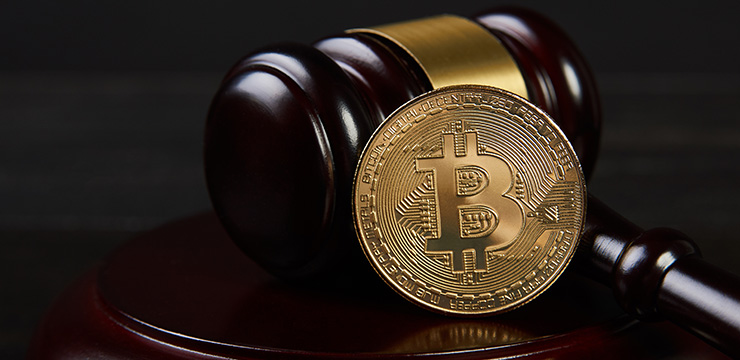Despite evidence of egregious fraud in the marketing of tokens, a judge in the U.S. District Court for the Southern District of California recently held the line against the SEC and denied its request for a preliminary injunction. In doing so, the court reaffirmed that in order for an injunction to be issued, the SEC must make a compelling showing that the tokens qualify as securities under the Howey test.

In Securities and Exchange Commission v. Blockvest, LLC et al., Judge Curiel of the U.S. District Court for the Southern District of California ruled on November 27, 2018, on a request by the SEC for a preliminary injunction against Blockvest, LLC and its principal Reginald Ringgold. The SEC’s request for a preliminary injunction came six weeks after the court granted a temporary restraining order in the SEC’s favor.
To obtain a preliminary injunction, the SEC bore the burden of showing that Blockvest and Ringgold committed a prima facie case of a securities law violation, and that such violation would likely repeat. Specifically, the SEC alleged that Blockvest and Ringgold had engaged in an unregistered securities offering when selling proprietary BLV tokens to 32 individuals. The SEC argued that under the Howey test, these tokens qualified as securities because Blockvest and Ringgold engaged in a marketing campaign to induce purchasers to believe that, based on the efforts of Ringgold and Blockvest’s employees, the tokens would appreciate in value. Blockvest’s and Ringgold’s wrong would allegedly repeat because Ringgold demonstrated disregard for the SEC’s enforcement efforts in the days immediately after the initial delivery of its complaint.
Compounding the SEC’s case was the allegedly egregious fraud perpetrated by the Defendants. Ringgold represented that his offering was endorsed by the SEC, CFTC, and Deloitte Touche, as well as a fictional regulatory agency called the “Bitcoin Exchange Commission” that had the same address as the SEC and a seal modelled upon the seal of the SEC.
Despite the strong allegations of fraud, Judge Curiel denied the preliminary injunction because he gave credence to the Defendants’ rebuttals, and because the SEC had failed to make a compelling case. For instance, the court considered Ringgold’s assertion that the alleged 32 token purchasers were simply testers who had no expectation of profit; indeed, the pre-sale program through which the purchasers obtained the tokens had not yet even been cleared by the company’s compliance officer and the website where the purchases allegedly occurred was not operational.
All told, the court found that the SEC could not show that under the Howey test, any purchase based on an expectation of profit had actually occurred. Likewise, the court concluded that the SEC could not show a reasonable likelihood of repetition of the wrong because no wrong had occurred in the first place, and Ringgold demonstrated intent to comply with securities laws going forward.
